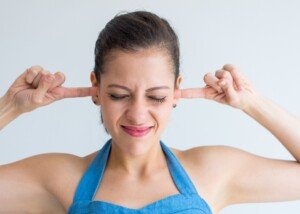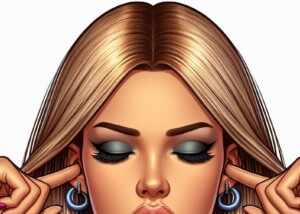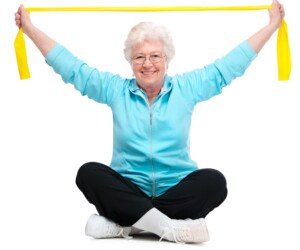
Is it possible to make it to old age and still have good hearing? And if so, what can you do while you’re still under 65 to preserve as much hearing as possible?
My elderly father has considerable hearing loss, and more than once he has admonished me with, “Wait till you’re my age, and we’ll see how well you can hear.”
About one-third of U.S. people between 65 and 74 has hearing loss, and about half over 75 have difficulty hearing, says the National Institute on Deafness and Other Communication Disorders.
“Contrary to belief, it is not normal to be wearing a hearing aid as you get older,” says Dr. Stacey Silvers, MD, of Madison ENT & Facial Plastic Surgery in NYC, who is board certified in otolaryngology (ear, nose and throat specialty).
“However, the longer we live, the more likely we will have some deterioration of all of our senses.
“Night vision, reading ability and hearing will decrease. Many even note a decrease in taste and smell. The two most common causes of hearing loss are genetics and noise exposure.”
My father has been exposed to lots of loud noise all his life, including church choirs that he conducted; using power tools in his basement machine shop; and setting the TV to very loud — louder than necessary for any hearing loss he may have had during those earlier years.
Some people just like a loud TV and music. But they’ll pay the price later.
Genetics load the gun, but lifestyle choices pull the trigger.
If one chooses to never wear ear protection in loud environments like ball games, movies and symphonies, then this will certainly kill off enough nerve cells in the ear to result in some hearing loss.
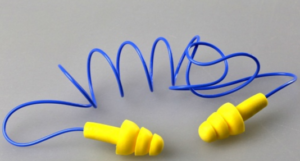
It’s important to know, however, that Dr. Silvers adds that some patients are predisposed to hearing loss, with or without external factors.
Which are you? Do you even know? So why take the chance by exposing your ears to unnecessary volumes?
By the time a person is old, he has decades of exposure to loud noise under his belt.
It’s no wonder that elderly people usually have some degree of hearing loss, enough to impede understanding conversations and requiring TVs to be quite loud.
Dr. Silvers continues, “If there is a family history of hearing loss (aunt, uncle, sibling or parent), some patients may also suffer the same misfortune losing hearing at a young age.”
Dr. Silvers adds that people with jobs in loud environments need to protect their ears from damage.
Acoustic trauma has permanent results. Ears do not toughen up with chronic exposure to loud noise. Nerve cells are not muscle cells.
I used to work at a major city newspaper and occasionally ventured into the printing press room.
The volume was deafening. I always wore ear muffs that cut out 25 decibels of volume.
I’d see pressmen standing right by the press machines without the ear muffs on! And no earplugs, either.
How often do you see construction workers with hearing protection? Ever see a motorcycle rider with earplugs?
Of course, what biker wants to be seen with earplugs? In their mind it’d make them appear weak.
But what a small price to pay for preventing hearing loss.
Hearing aids don’t make a man look tough. Nor does always asking people to speak up.
Dr. Silvers explains, “Excessive noise exposure over a short period of time will lead to an early deterioration of hearing in the higher frequencies.
“Over time our noise exposures, especially those in louder cities, will lead to a more rapid decrease in hearing than those with little to no noise exposure.
“I do agree that the less traumatic noise exposure we have, the better our hearing will be over the long-term.”
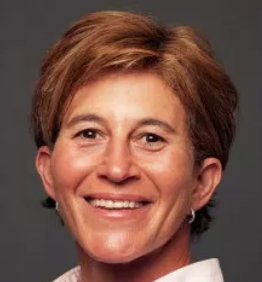
An NYC expert in ear, nose and throat care, Dr. Silvers has been named among America’s Top Physicians and Surgeons in facial plastic surgery and otolaryngology numerous times since 2003.
 Lorra Garrick has been covering medical, fitness and cybersecurity topics for many years, having written thousands of articles for print magazines and websites, including as a ghostwriter. She’s also a former ACE-certified personal trainer.
Lorra Garrick has been covering medical, fitness and cybersecurity topics for many years, having written thousands of articles for print magazines and websites, including as a ghostwriter. She’s also a former ACE-certified personal trainer.
.

